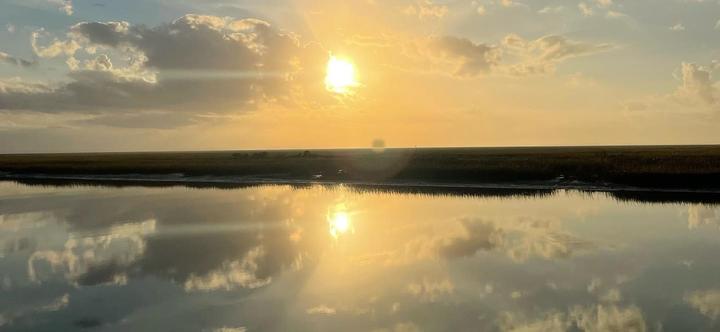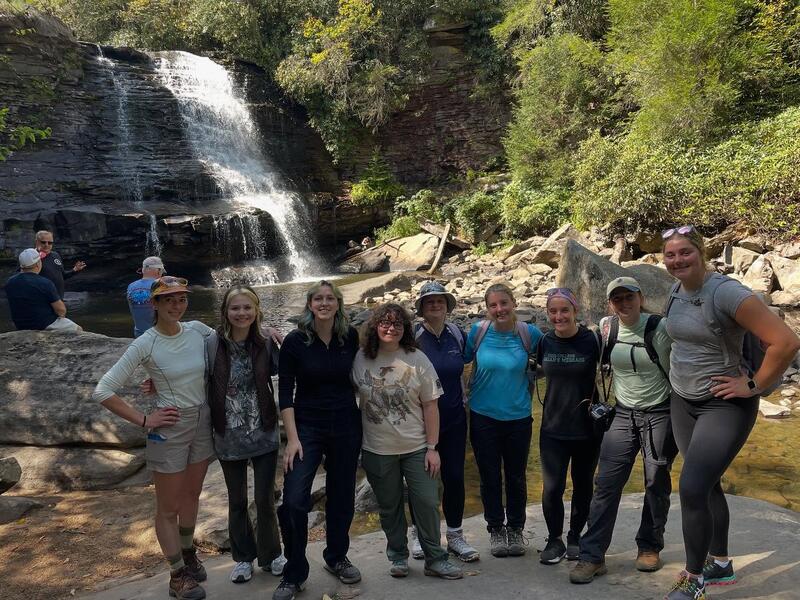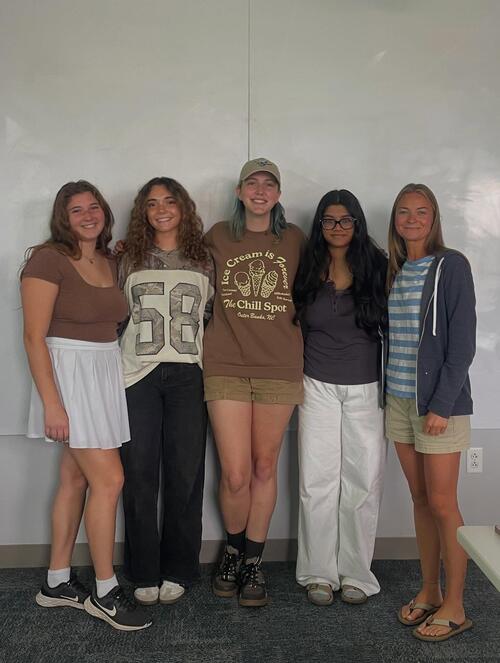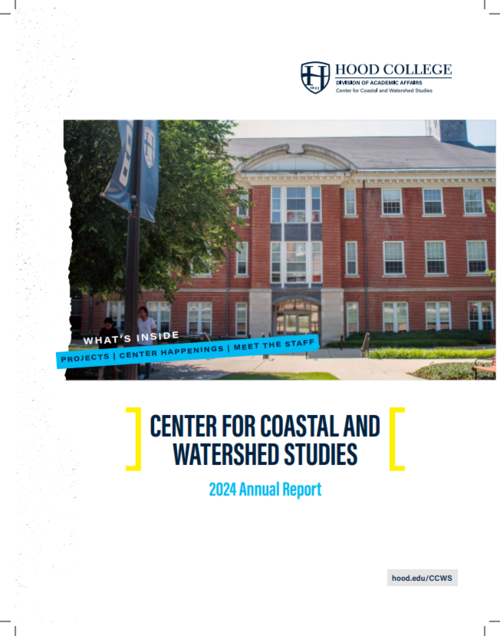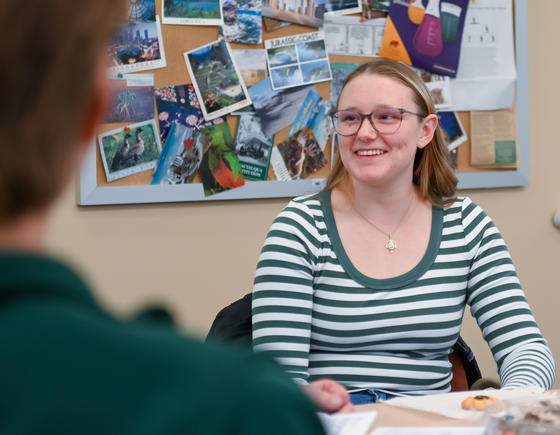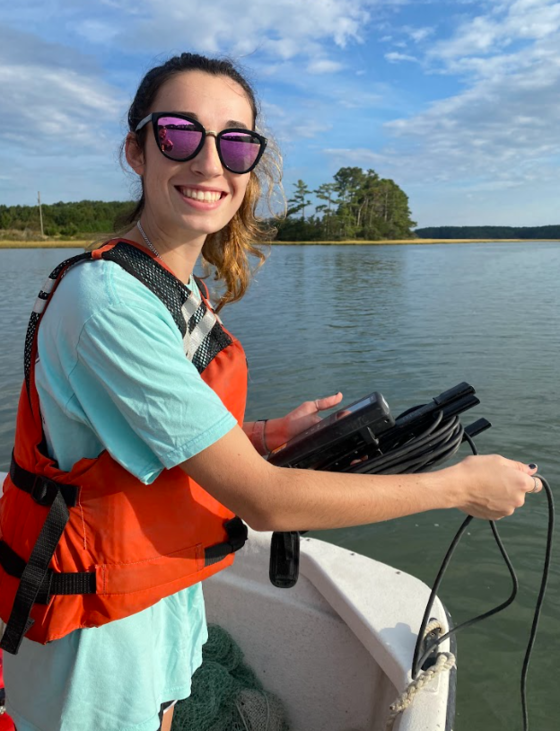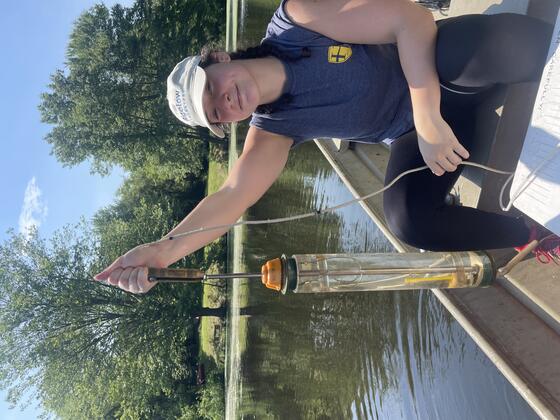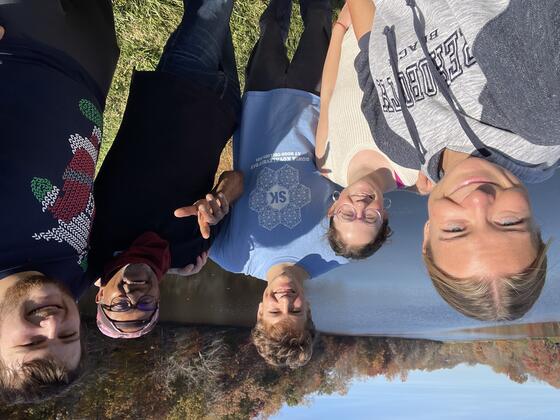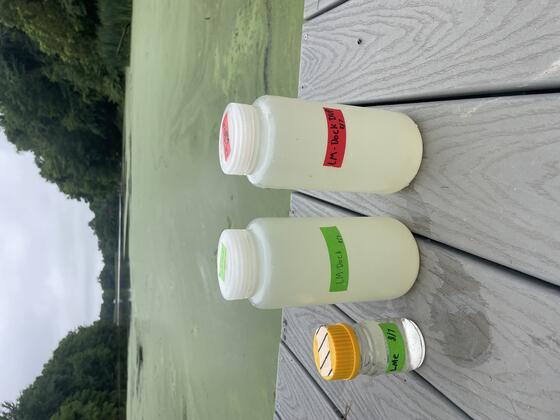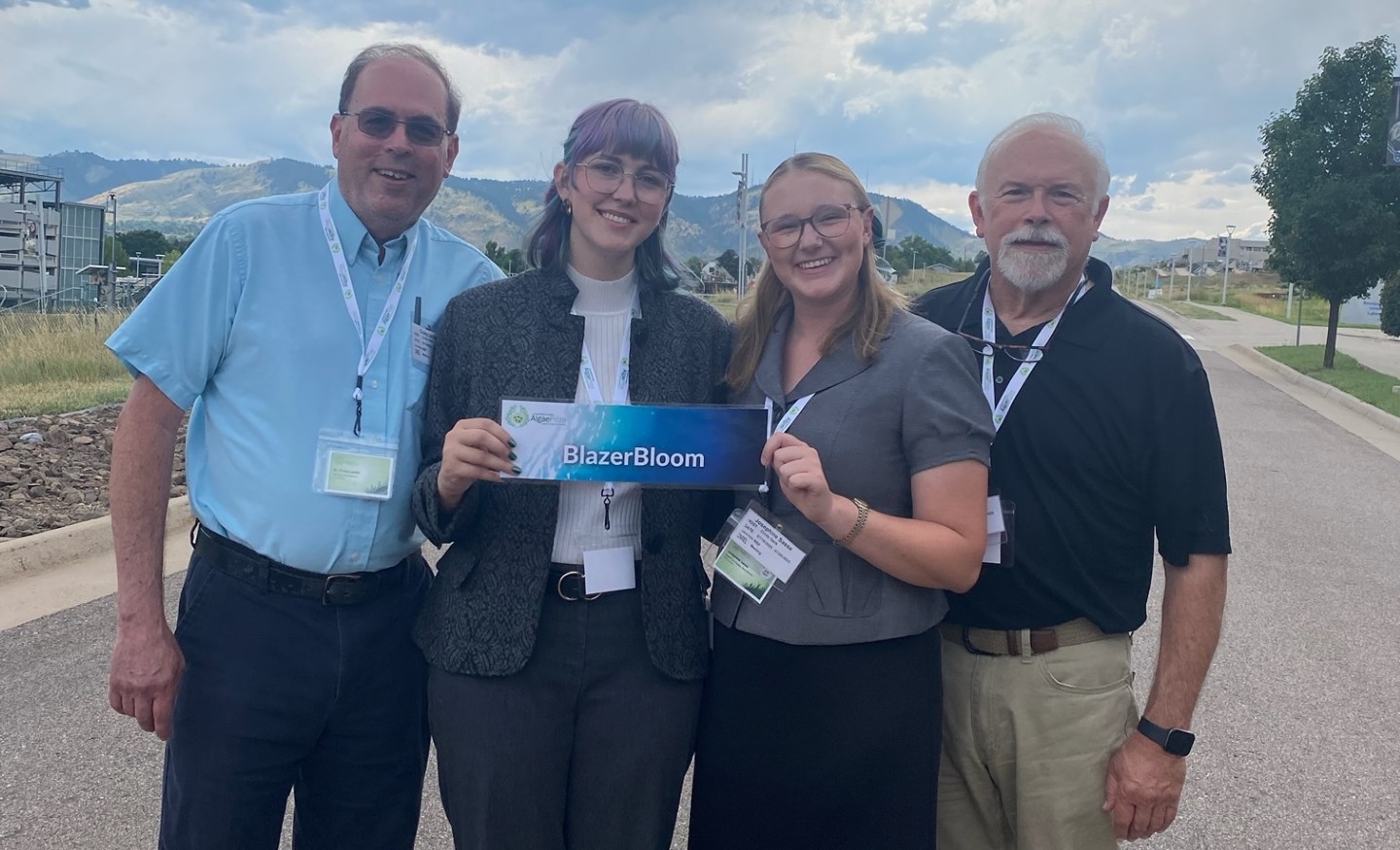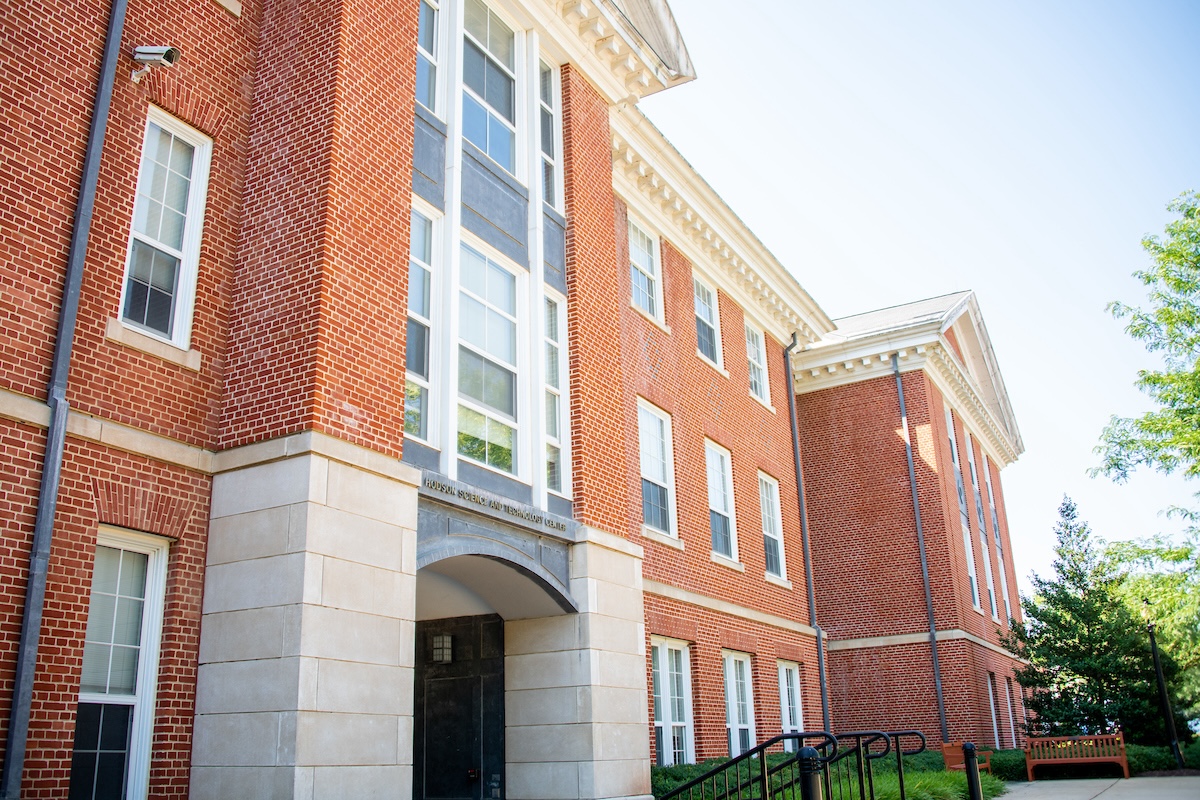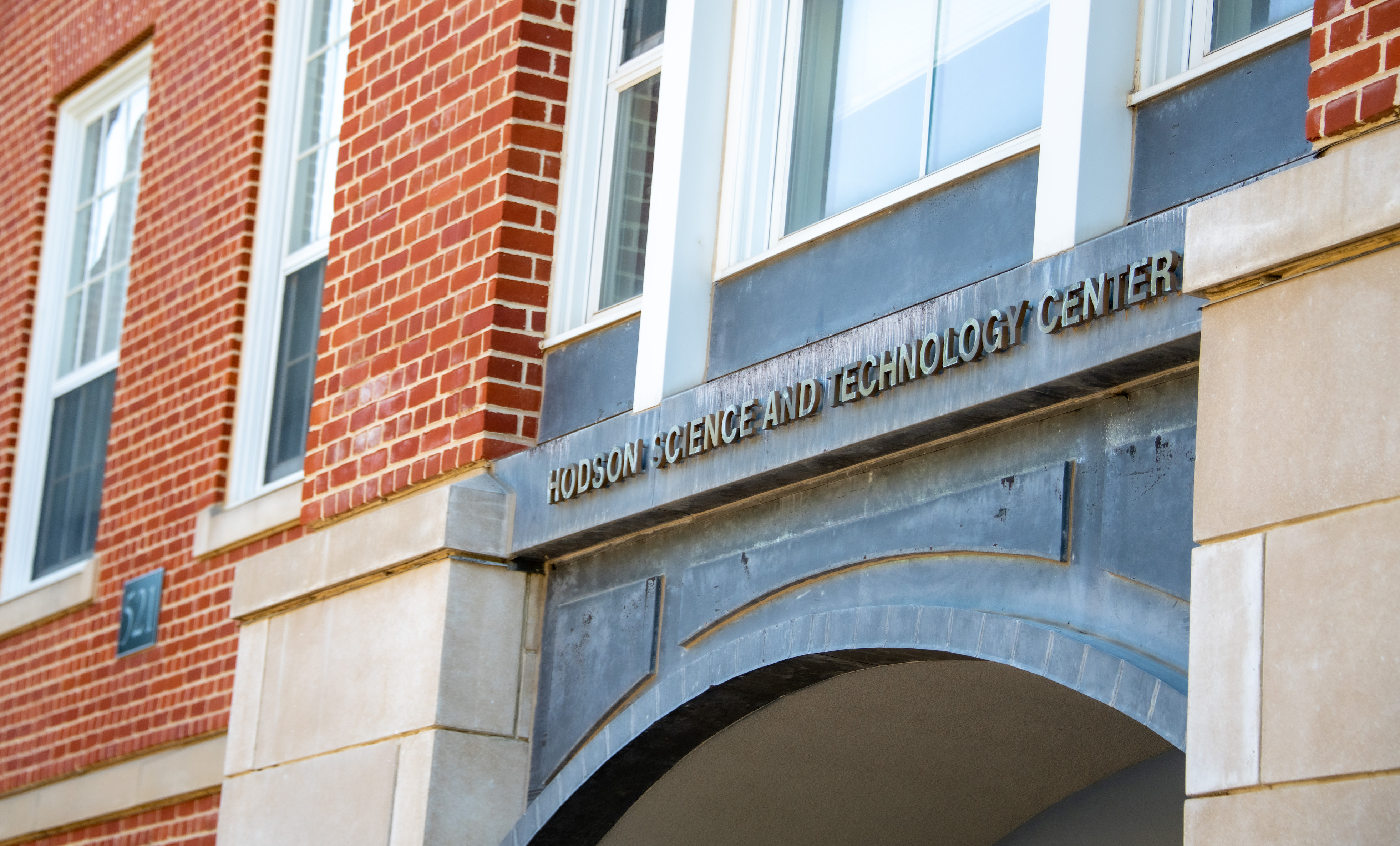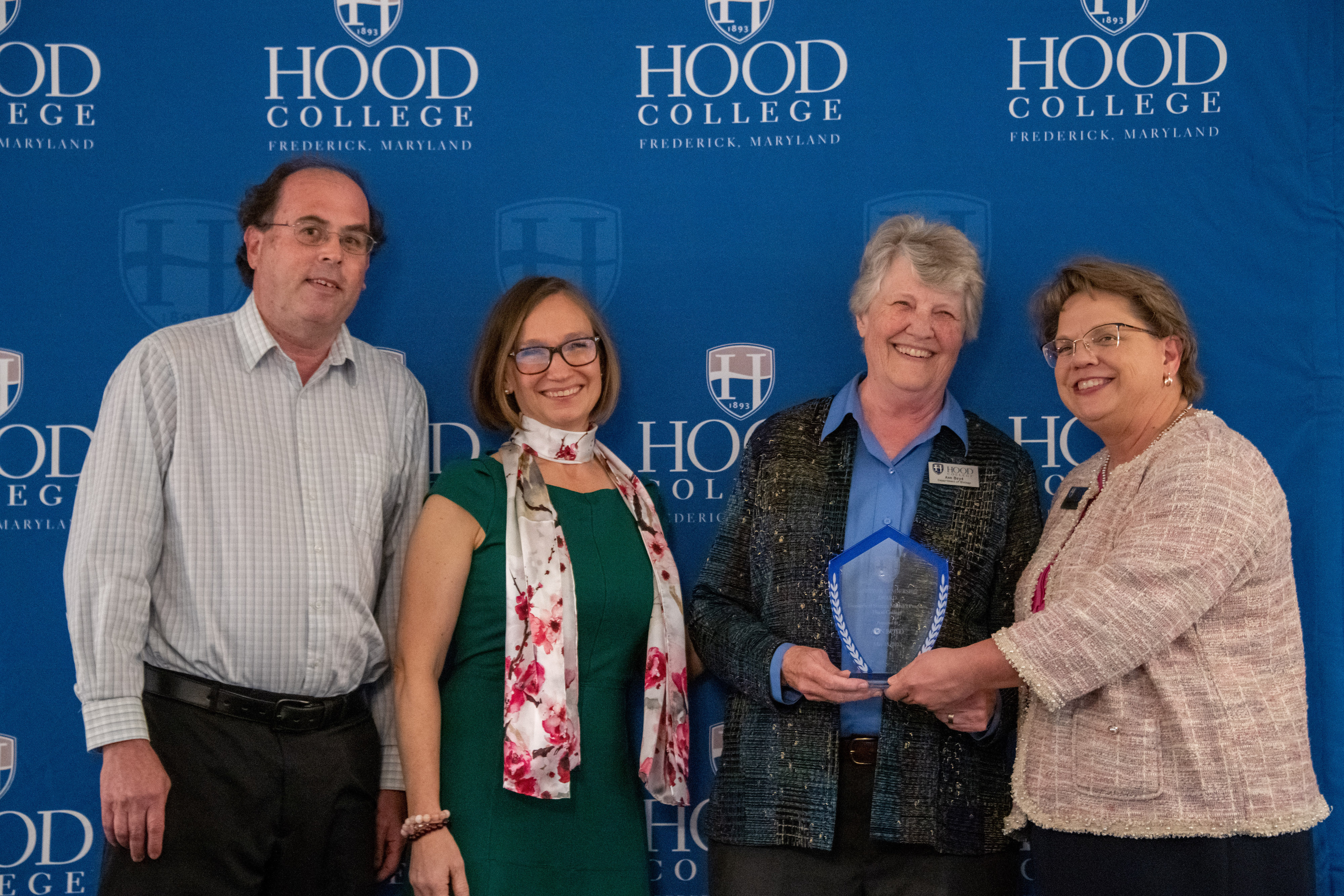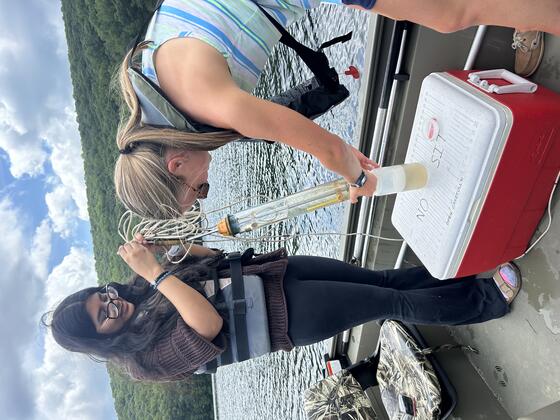
High School Student volunteers with Center for Coastal & Watershed Studies during Summer 2025
Aahana Nigam, an Urbana High School rising Senior, spent her summer as a Volunteer in the Center for Coastal & Watershed Studies, under the Biology Department. She participated in the many environmental services projects happening over the summer, which involved much field work in water quality monitoring and lab analyses. When not assisting on a client project, she focused on her "mini research project", which is a small project that each summer student worker focuses on individually. The goal of a mini research project is to enhance research skills while furthering an interest in a specific field. Aahana's mini research project was on using fluorescence microscopy to detect microplastics.

